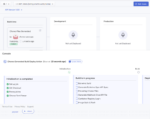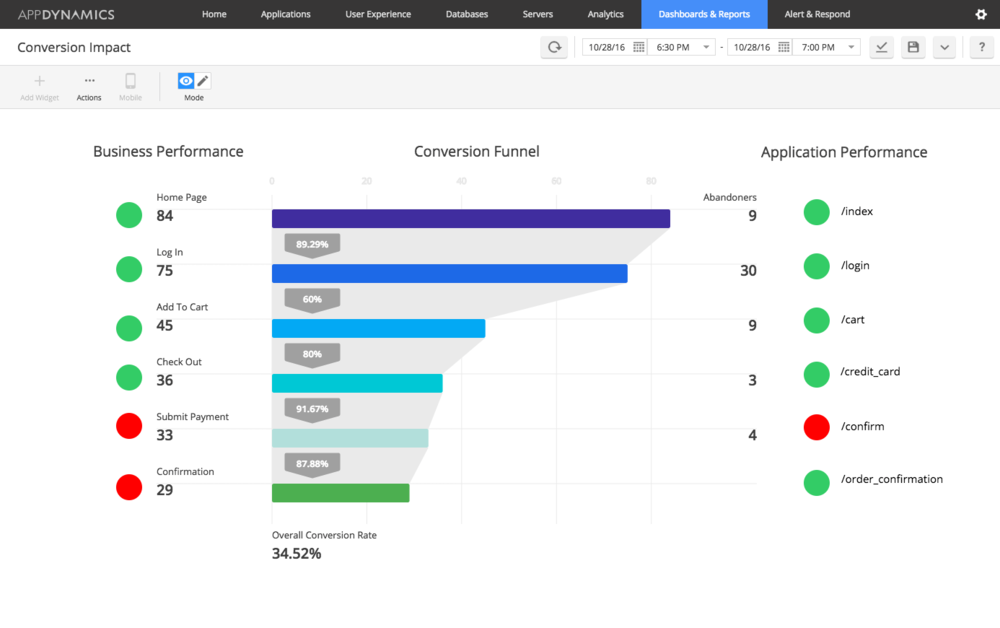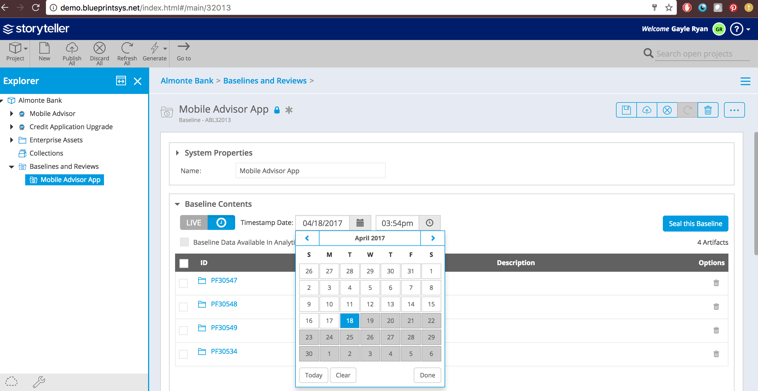
In today’s business landscape, it seems like every company has undergone or is in the process of a digital transformation (DX), and that every leader throws the term around casually. While the term may be overused, DX is a necessity for enterprises as they look to remain competitive in the software-first environment. To keep up with the competition, it’s essential to digitally transform – and to do it correctly – in order to avoid becoming one of the 70% of digital transformations that fail to reach their objectives. This may seem like a daunting stat if you haven’t yet started your full-scale digital transformation, but the question isn’t if you should transform – it’s when, and how to do it properly.
As more companies undergo these transformations, DX is estimated to represent 55% of all infrastructure and communications technology spending by 2024. With this level of investment, companies have a significant interest in undertaking successful transformations. That said, sometimes the hardest part of a transformation is knowing where to start. To do better business in today’s digital landscape, it’s important to first evaluate the company’s technology stance, meaning the best place to get started is with improving your software delivery.
In this article, I outline the importance of getting software delivery right to help accelerate your DX and derive greater business value.
Digital Transformation
Let’s start by defining DX, as there are numerous varying definitions out there. Digital transformation is a holistic approach to the strategic adoption of digital technologies. Typically, the goal is to drive the adoption of new technology and change within an enterprise to deliver an improved customer or employee experience, streamline processes, enhance productivity, manage risk, and control costs. While oftentimes leaders are looking for immediate results with these changes, rushing on implementations can ultimately affect its success. Organizations with a holistic approach to DX and a realistic understanding of the time it takes to realize value, are better positioned to see significant, lasting business results.
Software delivery is a significant part of any company, and transformation efforts can be positively impacted by improving the software development and delivery process. Done correctly, software delivery can create important drivers to create better business outcomes and be a force multiplier for value derived from your efforts. It can help speed time-to-market, save time and money, mitigate risk, improve your security and compliance posture, and provide visibility into the velocity of the organization overall.
Software Delivery and Digital Transformation
How do software delivery and digital transformation work together? On the most basic level, they help get your technology to market faster by improving release velocity and quality at scale. One common challenge is achieving greater velocity and quality within your software delivery while simultaneously scaling the efforts of the organization. With effective software delivery principles, you can begin to automate steps throughout the software delivery lifecycle and increase integration to improve both velocity and quality as the organization grows. This is possible because effective software delivery practices like value stream management provide greater transparency and control for releases across the entire landscape.
Software delivery and digital transformation can also save enterprises both time and money while reducing risk. By combining continuous integration and continuous delivery practices, feature flagging, and source code management, progressive delivery provides you with more granular control of your releases at scale, meaning greater visibility as well as money and time savings. Additionally, the combination of these DevOps tools empowers developers to ensure the highest quality code reaches their users as quickly as possible.
Lastly, by building continuous security and compliance into your delivery process, you can improve your security and compliance posture while reducing investment in these essential areas. Especially in a time where cyberattacks are growing more common and compliance regulations are growing more complex, continuous compliance and security is essential. Making this part of your company’s digital transformation strategy will help with staffing, prioritization of innovation, and business acumen while maintaining a focus on security and meeting shifting regulatory requirements. Baking this into the transformation changes it from a choice between security/compliance and business value, to an option to do both well.
If you are still planning your company’s DX, or are looking to retool your transformation process, your software delivery process may just be a hidden but powerful driver of business value. It may be what sets your company apart from the competition in today’s digital landscape.






